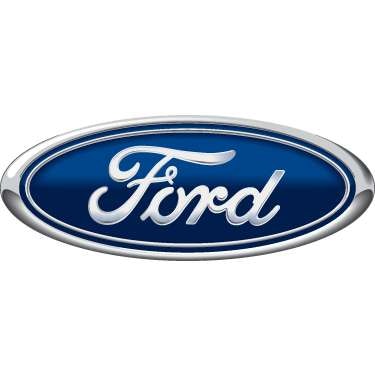It’s no secret that the auto industry is booming. Sales jumped 14% in July, according to research by Autodata. The industry invested $3.7 billion in Mexico between 2010 and 2012, and plans to spend more this year. To keep up with demand, automakers are increasingly looking to Mexico as a solution. This is causing a trend in transportation that favors cross-border rail.
A growing trend down south…
Ford Motor Company (NYSE:F)’s three-shift assembly plant in Hermosillo, Mexico is capable of producing around 300,000 Fusions a year, which are produced at the Mexican plant and then shipped by rail to Michigan for inspection. This plant, and the rail transportation it uses, are crucial for maintaining normal inventory levels of one of the company’s best-selling vehicles, which sold a total of 241,263 units in 2012.

Hourly wages are now about a fifth lower in Mexico than in China as well, according to research by Bank of America Merrill Lynch. A shrinking Chinese workforce is leading to higher labor costs in China, and according to forecasts by the International Labor Organization, China’s economically-active population will grow by only 2.9% from 2010 to 2012. This compares to nearly 20% growth in Mexico over the same period.
Now that population trends have led to a paradigm shift in “cheap labor” in the auto industry, creating more jobs in Mexico, shipping time is becoming a factor as well. Items traveling from Mexico to the U.S. by rail can get here as quickly as two to three days. Compare this to the 20-day delivery time typical of China, and it becomes clear why rail is increasingly getting cross-border business from the auto-industry.
Transportation by rail from a plant in Mexico can also be cheaper than transportation from China. Gabriel Lopez, CEO of Ford Motor Company (NYSE:F)’s Mexican unit, explained that his company “maximized the use of the railroad because it has important cost advantages… At this plant [Hermosillo], 85% of capacity is for export, and everything that goes to the U.S., Canada, and the ports goes by railroad.”
Rail is reaping in the rewards…
So who are the primary railroad beneficiaries of this trend? Kansas City Southern (NYSE:KSU) now gets close to half of its revenues from Mexico, and expects to see double-digit growth in its unit that ships cars. The company’s most recent quarter saw a 20% year-over-year growth in automotive revenue, which accounted for around 8% of total sales.
K.C.S. also owns Kansas City Southern de Mexico, which operates in a duopoly down South along with Ferromex and Ferrosur (subsidiaries of Grupo Mexico). This gives KCS a lucrative cross-border business, positioned to profit from the $1 billion of goods exchanged between the two countries each day.
Ferromex CEO Rogelio Velez said that “All the automakers have been reinforcing their presence in Mexico, and rail access is one of the ‘musts’ for the auto industry.”
Not to be left out, Union Pacific Corporation (NYSE:UNP), like KCS, is also profiting from this trend. Mexico is responsible for over 50% of U.P.’s overall automotive revenues.
U.P.’s CFO Robert said, “if you focus just on Mexico automotive traffic, we currently handle roughly 90% of the rail market share in and out of Mexico. In fact, around half of our automotive business is cross-border traffic with Mexico.”
That’s pretty powerful. U.P. is likely able to achieve such a feat because it’s the only American railroad with access to all six of the rail entry points into Mexico. In addition, it owns 26% of the country’s largest railroad, Ferromex.


